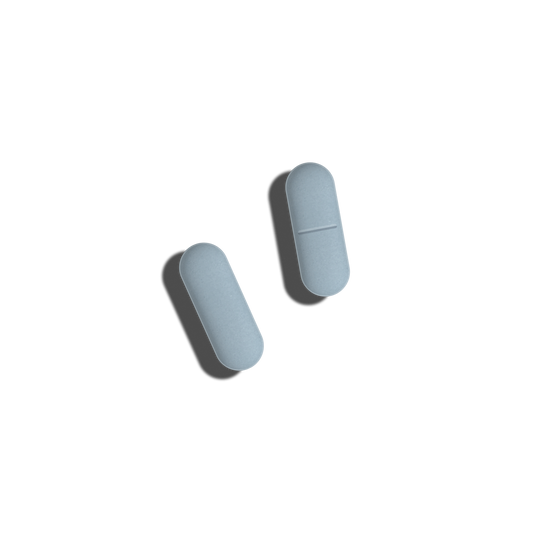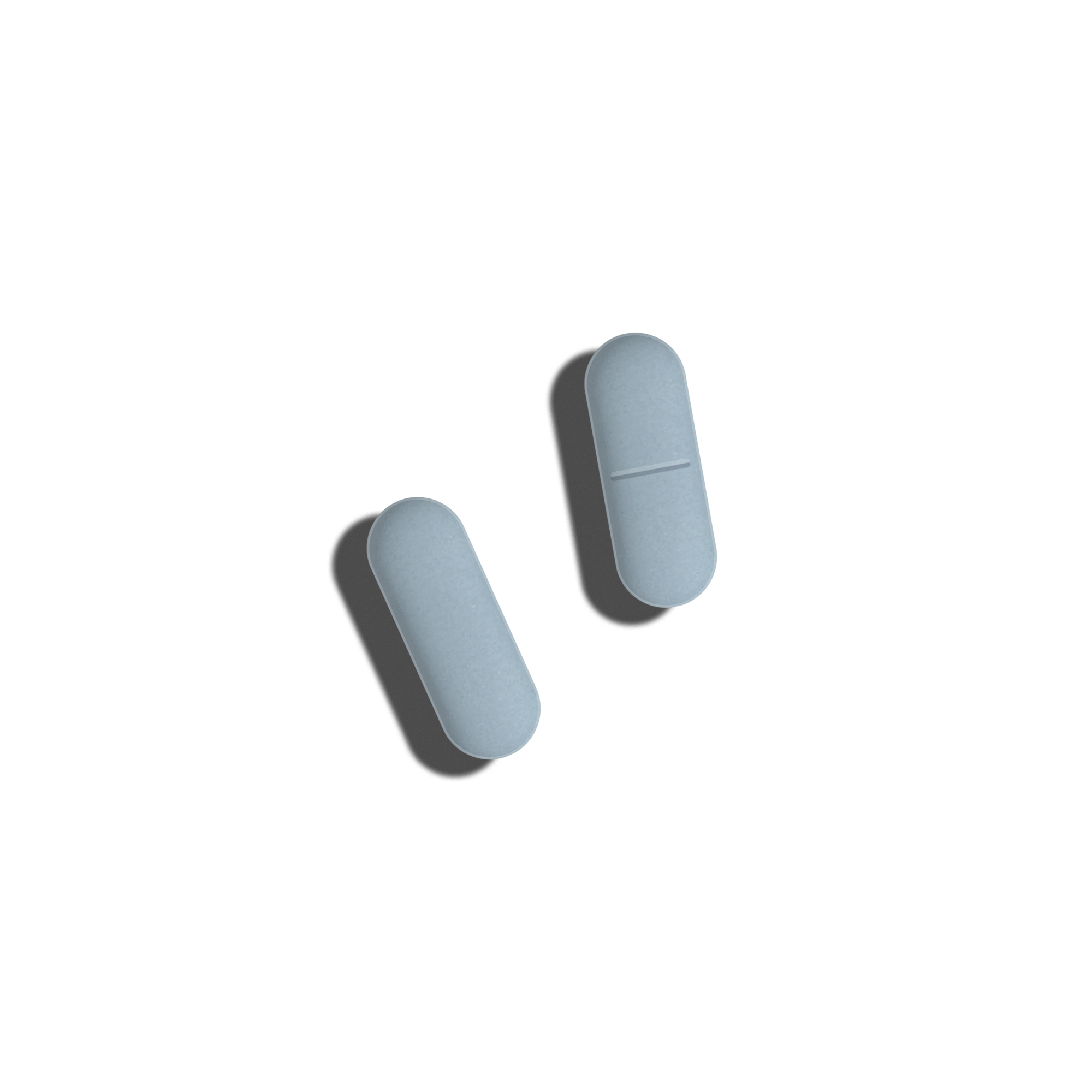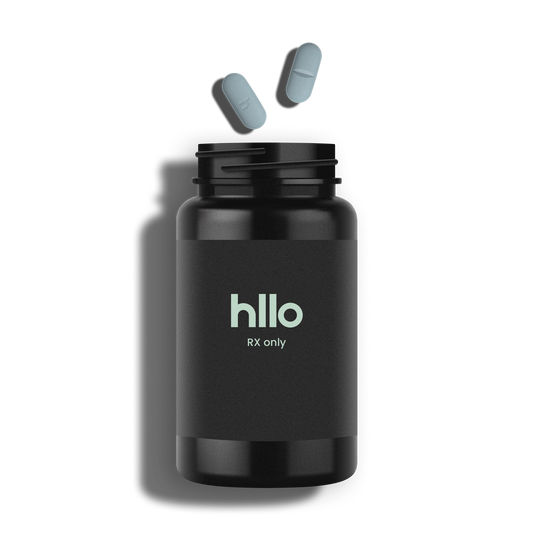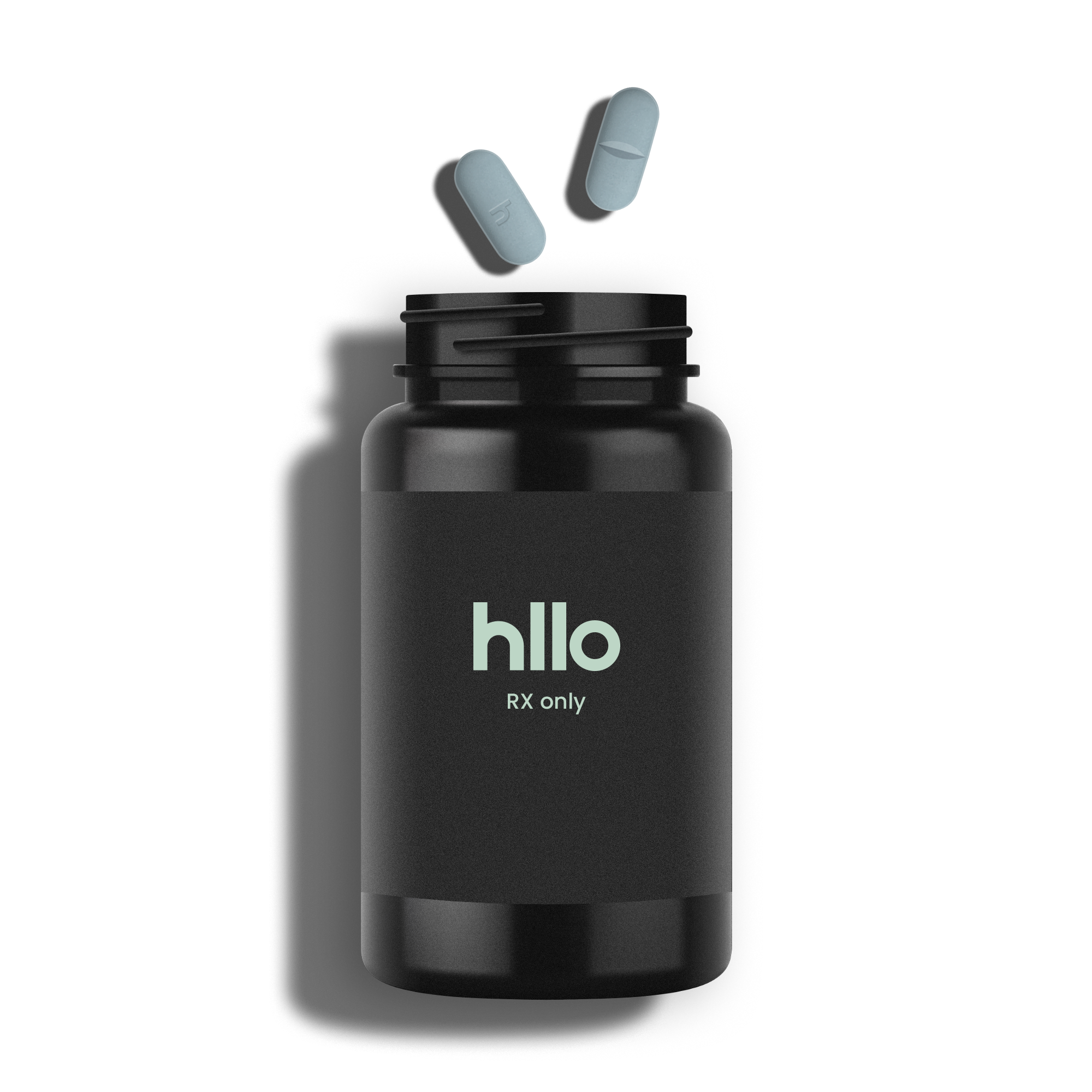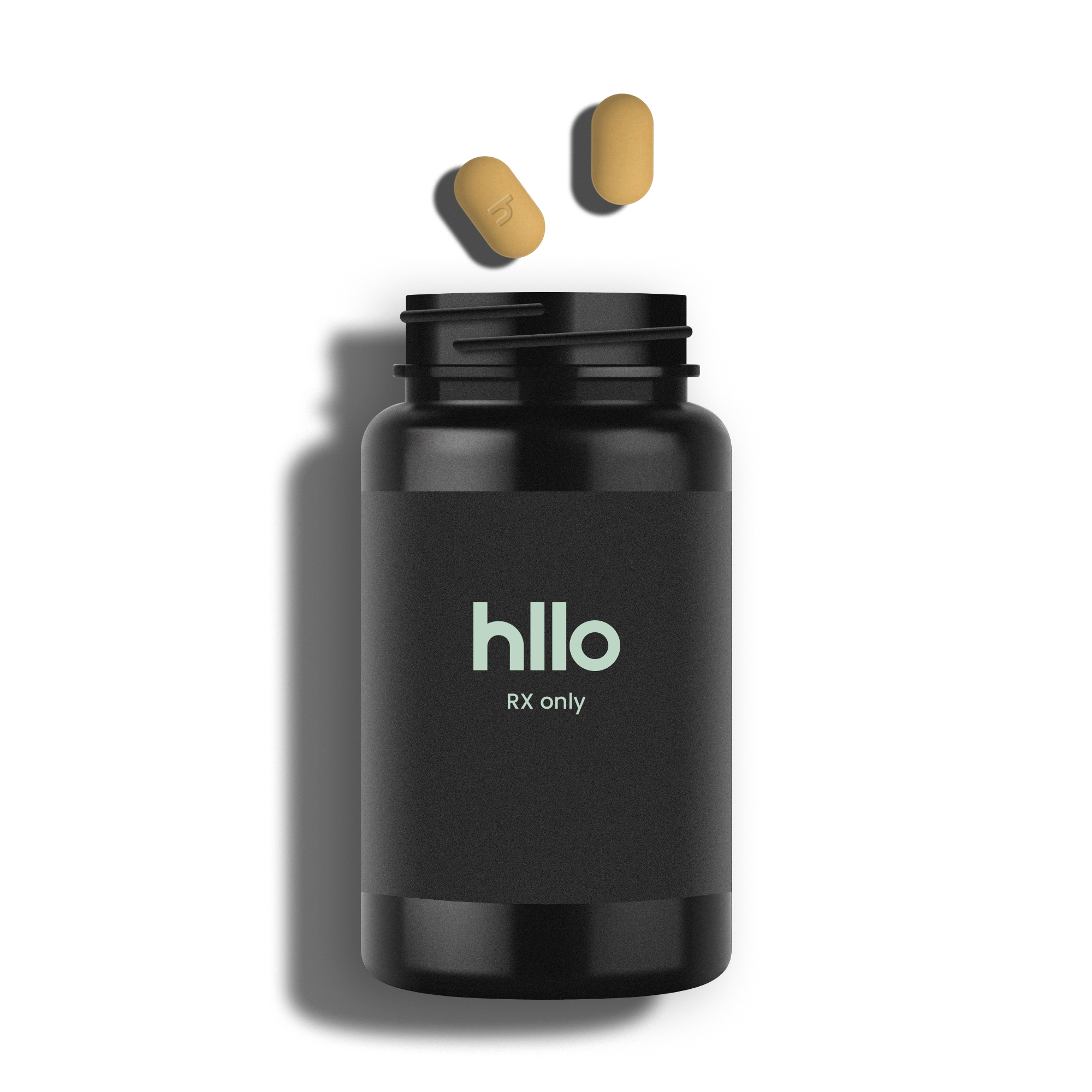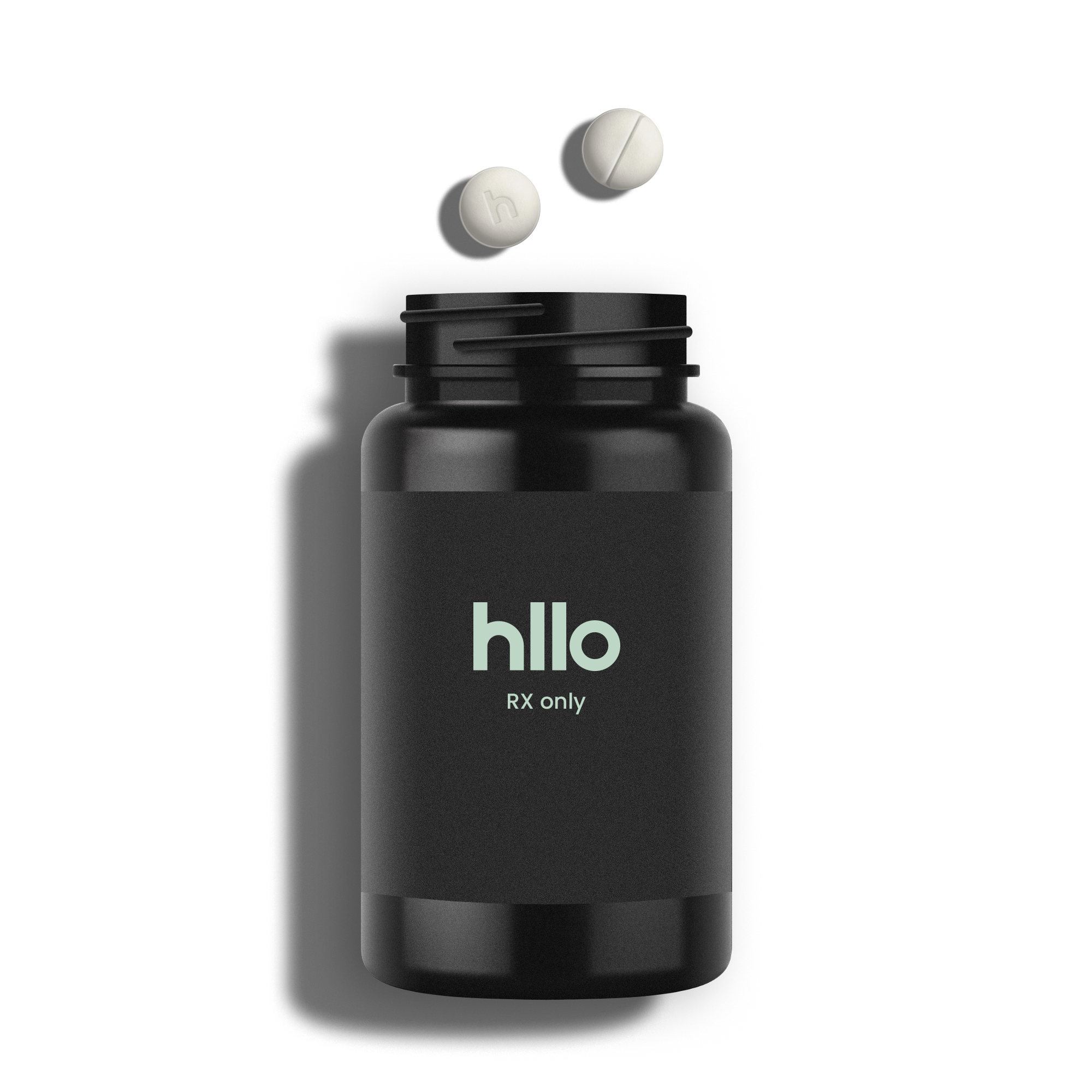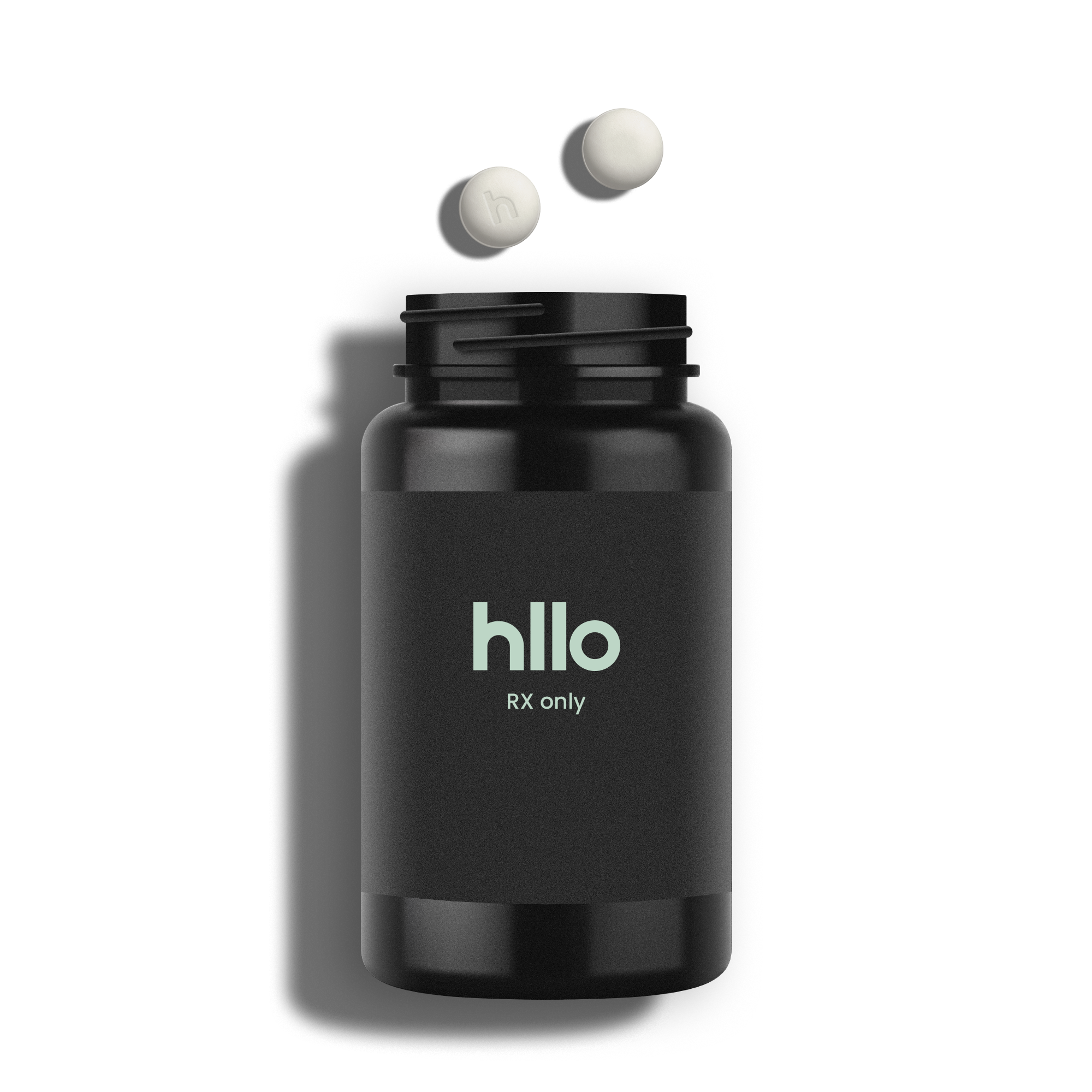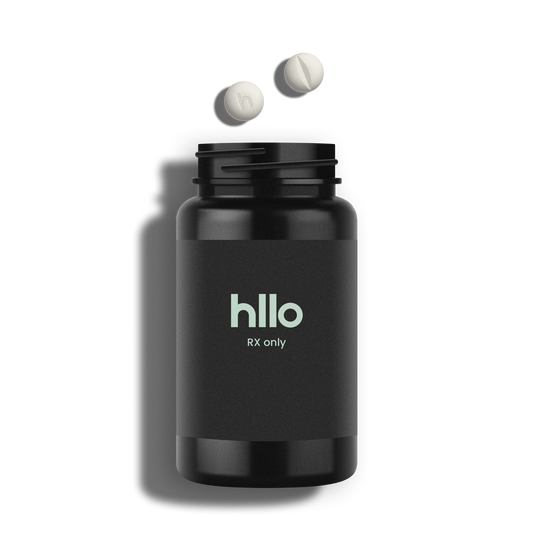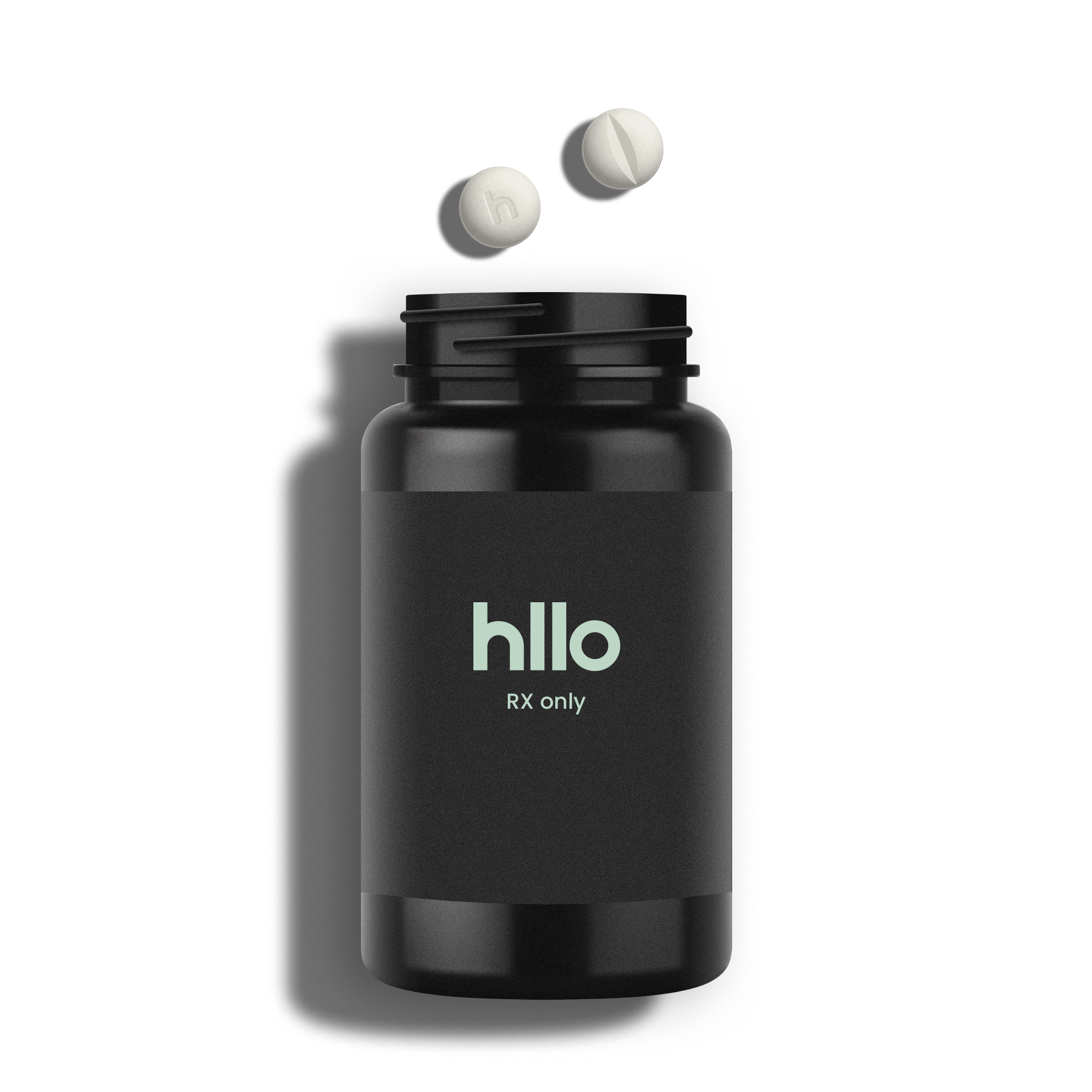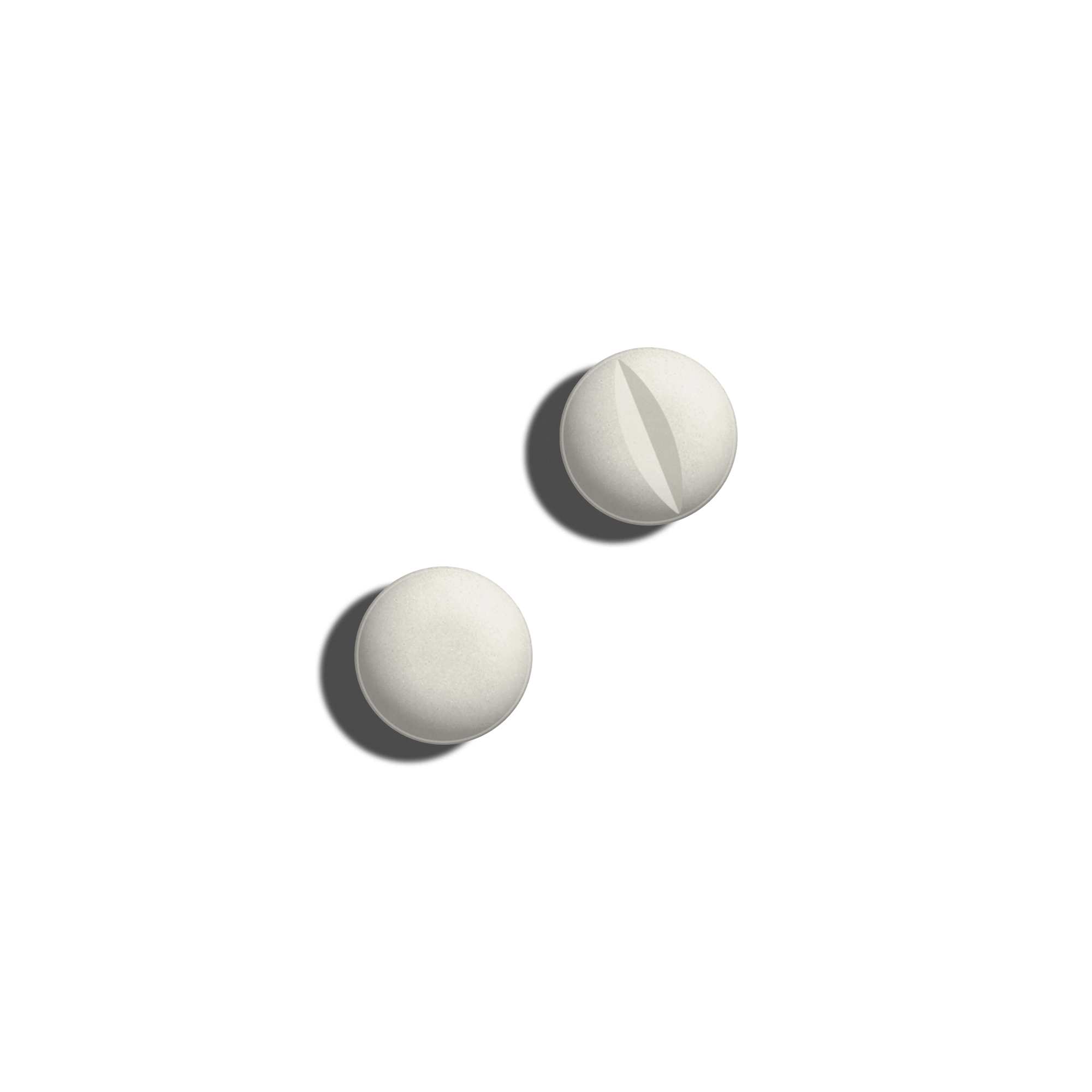Your Mental Health, Our Priority
Get the right treatment for your mental health needs, all in the privacy of your home
Take our free emotional assessment to help us understand your symptoms and recommend the best treatment plan for you.
FAQ
What is the cost of online psychiatry care?
Pricing for telehealth care at Hllo starts at $XX a month. As we do not accept insurance, this allows you to get the care you need with the privacy and convenience you desire.
Are any controlled substances prescribed?
No, controlled substances are not prescribed for psychiatric care at Hllo. By working directly with your skilled psychiatric clinician, you will be able to get the best treatment for your condition.
How long does mental health medication take to make an impact?
It may take up to 4 to 8 weeks for mental health medication to fully take effect. If by this time, you have seen little mood improvement or symptoms have become unbearable, speak to your Hllo doctor about other medication options.
What is an anxiety disorder?
An anxiety disorder is a mental health condition where you feel worried or fearful way more than what's really happening, even when there's no big threat. These feelings can significantly interfere with daily life and functioning.
What are the symptoms of anxiety?
Symptoms of anxiety include worry, restlessness, difficulty concentrating, irritability, and muscle tension. Fatigue, sleep disturbances, and physical symptoms like sweating and trembling are common.
What causes anxiety?
Anxiety can be caused by a combination of factors, including genetics, brain chemistry, personality, and life experiences. Some people may have a genetic predisposition to anxiety disorders, meaning it runs in their families. Changes in brain chemistry and functioning can also contribute to the development of anxiety. Personality traits such as being prone to stress or having a negative outlook on life may increase the risk of anxiety. Additionally, stressful or traumatic events, such as a major life change, abuse, or a significant loss, can trigger or exacerbate anxiety symptoms in susceptible individuals. It's important to note that anxiety disorders are complex and multifaceted, and the specific causes can vary from person to person.
How is anxiety treated?
Anxiety disorders are treatable, and various medications, therapeutic approaches, and lifestyle changes can help manage symptoms and improve quality of life.
Medication does not cure anxiety; however, it can be helpful in making symptoms more manageable. The goal of medication is to reduce your symptoms to a point where they do not severely impact your daily life and to help you return to a functioning level.
What is depression?
Depression feels like being stuck in a deep, dark hole. You feel sad, hopeless, and empty, even when things seem okay. You might lose interest in things you used to
enjoy, feel tired all the time, and have trouble sleeping or concentrating
What are the symptoms of depression?
Symptoms of depression can show up differently from person to person, but they often include persistent feelings of sadness, emptiness, or hopelessness, coupled with a loss of interest or pleasure in activities once enjoyed. Changes in appetite, sleep disturbances, and fatigue are common, alongside feelings of worthlessness or excessive guilt. Concentration difficulties, irritability, and physical symptoms like headaches or digestive issues may also arise. In severe cases, thoughts of death or suicide may occur.
What causes depression?
Depression can be caused by various factors, including biological, psychological, and environmental elements. Biological factors involve genetics, changes in brain
chemistry, or hormonal imbalances. Psychological factors, such as trauma, stress, or negative thinking patterns, can also contribute. Major life events like loss, trauma, or chronic stress can trigger or worsen depressive symptoms. Social factors, such as isolation, lack of support, or challenging relationships, also play a role. Often, it's a mix of these factors rather than one single cause that leads to depression. Understanding these complexities can help in effectively treating and managing depression.
How is depression treated?
Depression is treatable, and various medications, therapeutic approaches, and lifestyle changes can help manage symptoms and improve quality of life.
Medication does not cure depression, however, it can be helpful in making symptoms more manageable. The goal of medication is to reduce your symptoms to a point where they do not severely impact your daily life and to help you return to a functioning level.







